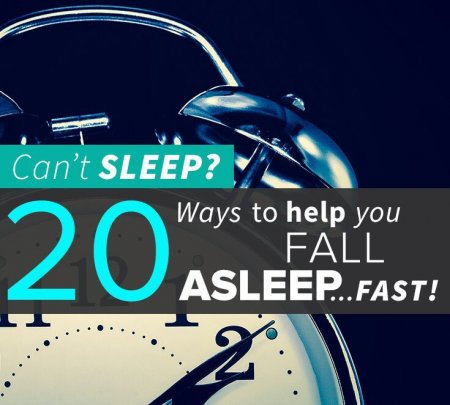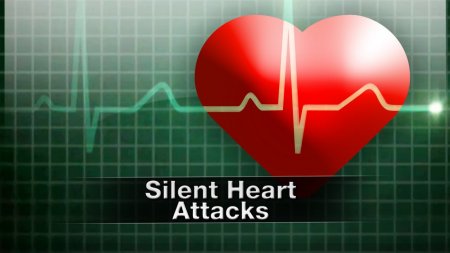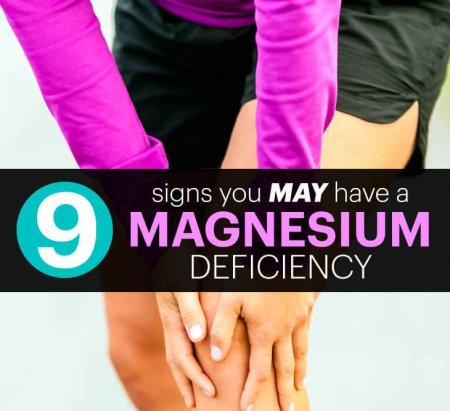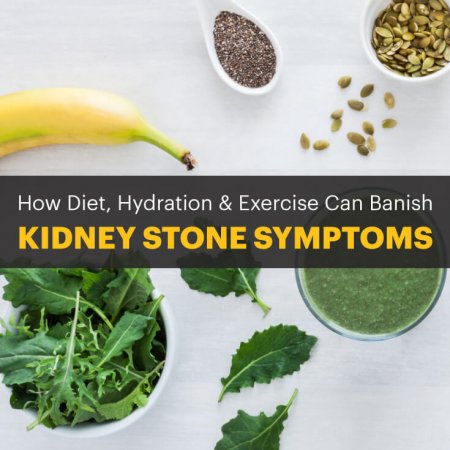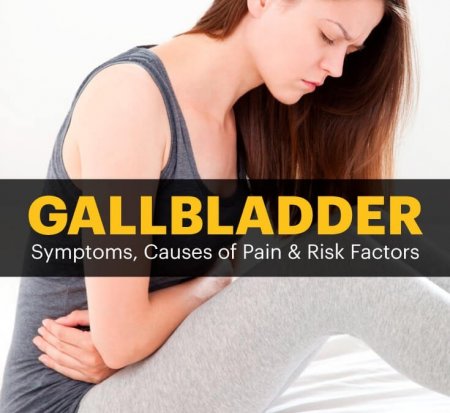Do you find yourself overly stressed, tired, and even notice weight gain despite not changing your diet or workout frequency? Your cortisol levels may be out of whack. More specifically, they may be too high.
Cortisol is often called the primary “stress hormone” because it’s one of the main hormones we release when we’re under any sort of pressure and our evolutionary-based “fight or flight response” kicks into gear. Although most think of cortisol as a bad thing — such as contributing to acne, weight gain or high blood pressure — there’s actually a lot more to cortisol levels than just our stress response and its unwanted symptoms. We need it to live.
While producing cortisol is a necessity for life and helps keep us motivated, awake and responsive to our environment, maintaining abnormally high circulating cortisol levels can become dangerous and contribute to long-term problems. Long-term use of corticosteroids and chronic stress are two of the biggest contributors to high cortisol. Chronic, high cortisol production is tied to symptoms and ailments including weight gain, anxiety, sleep disorders, hormonal imbalances and fertility problems, in addition to many other problems.
Cortisol is often called the primary “stress hormone” because it’s one of the main hormones we release when we’re under any sort of pressure and our evolutionary-based “fight or flight response” kicks into gear. Although most think of cortisol as a bad thing — such as contributing to acne, weight gain or high blood pressure — there’s actually a lot more to cortisol levels than just our stress response and its unwanted symptoms. We need it to live.
While producing cortisol is a necessity for life and helps keep us motivated, awake and responsive to our environment, maintaining abnormally high circulating cortisol levels can become dangerous and contribute to long-term problems. Long-term use of corticosteroids and chronic stress are two of the biggest contributors to high cortisol. Chronic, high cortisol production is tied to symptoms and ailments including weight gain, anxiety, sleep disorders, hormonal imbalances and fertility problems, in addition to many other problems.


